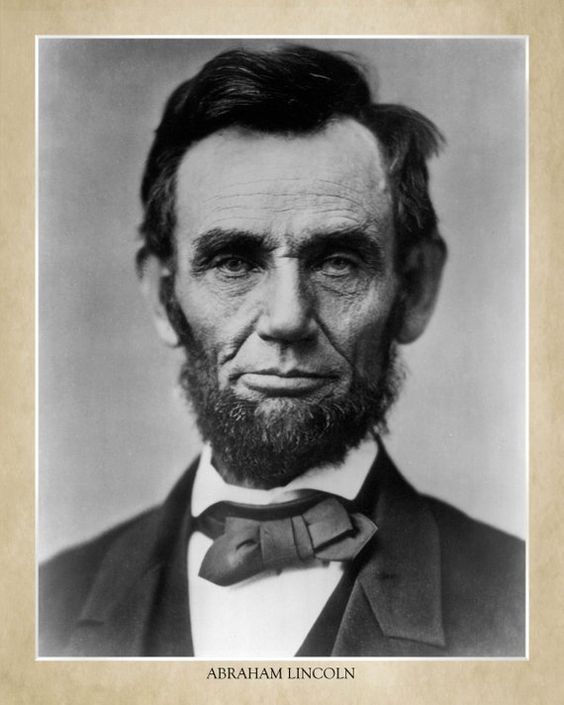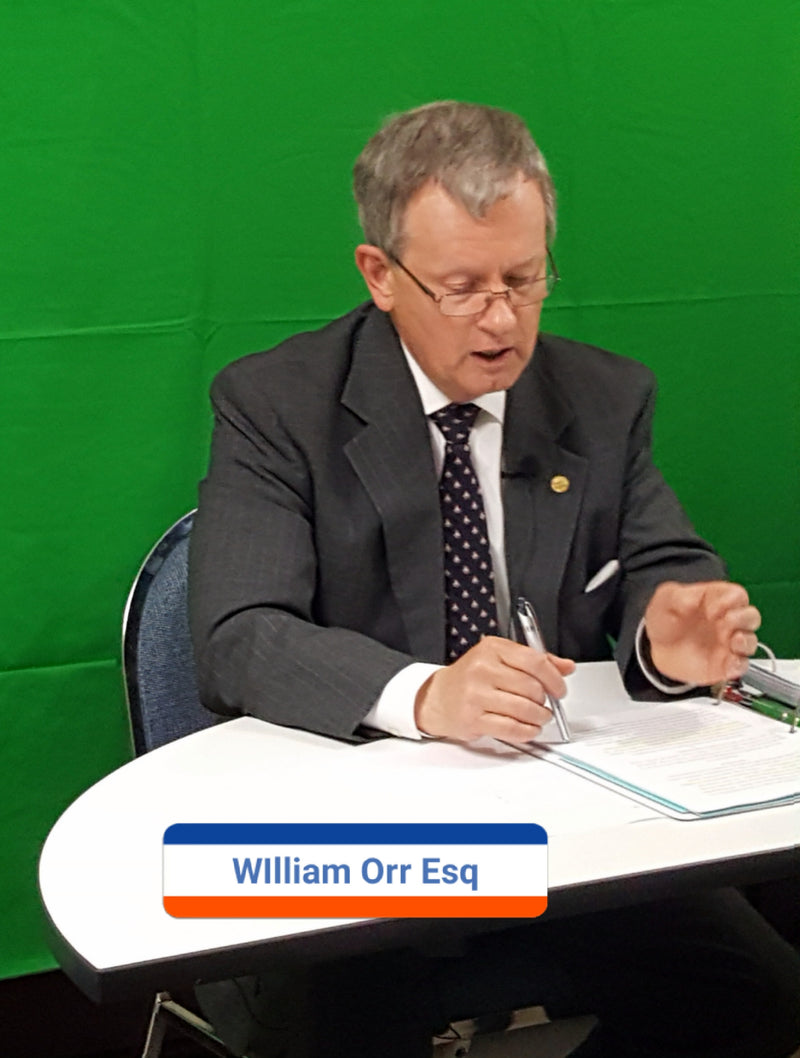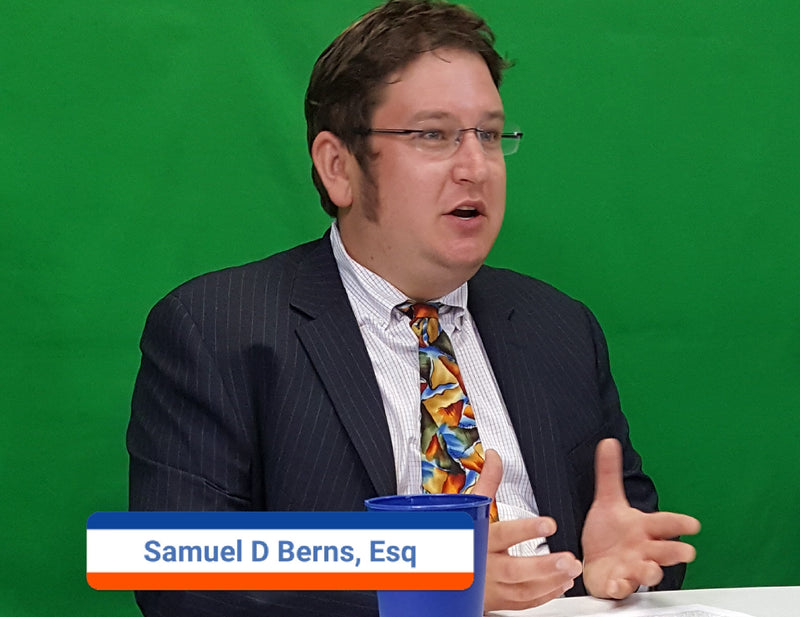Course #337- Supreme Court: Meacham vs Knolls Atomic Power Laboratory - CD
Click the links below to download log sheets.
CALIFORNIA LOG SHEETS
Page 1 of 4
Page 2 of 4
Page 3 of 4
Page 4 of 4
Related Products
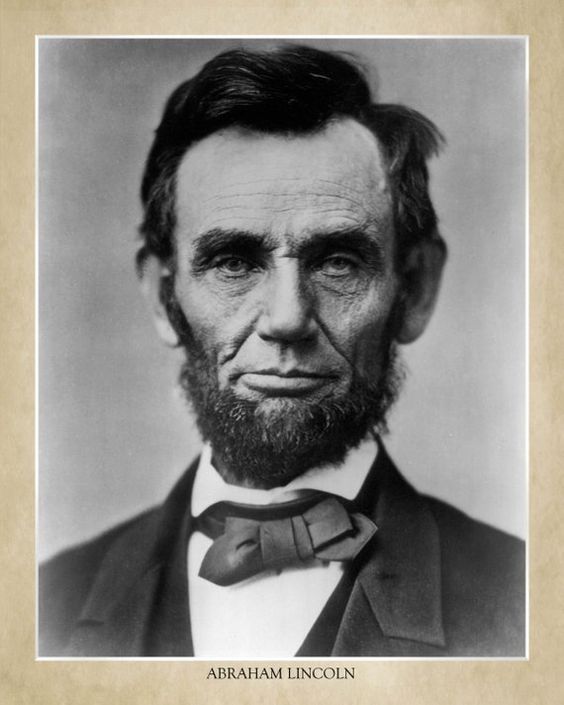
#1 675 Series.. 26 Unit CLE CD Bundle - 675 SERIES---All New---
$ 399.00
26 Hour CLE Package Includes 4 Ethics, 1 Competency/Substance Abuse and 1 Bias Bundle Course 641 Personal Injury Law: Telling Your Client's Story David Asch Esq Course 648 Buying and Selling a California Law Firm Speaker Stephen Beede Esq Course 543 Real Estate Law: Partition Sales and Accounting Speaker Stephen Beede Esq ...

#662 COMPETENCY: SUBSTANCE ABUSE, MENTAL ILLNESS & DISABILITY
$ 59.00
SPEAKER DR GLORIA FREEMAN, PHARM. D. ABOUT: Dr. Gloria Freeman has a doctorate in pharmacy, is a licensed pharmacist and has worked as a clinical pharmacist in a variety of psychiatric facilities doing group counseling. She has worked at Napa State Hospital, Sierra Vista Hospital, the Department of Corrections in San Quentin, Folsom, Mule Creek...

#663- Law Practice Management - webinar
$ 59.00
Speaker: Alan Frumkin, Esq Course 663 Law Practice Management 1 hour MCLE Credit, 60 minutes Law Practice Management Goal: To understand how to do an intake of a new client in a law practice and manage your law practice in an efficient and cost effective manner Outline: 1) Overview of Law Practice Management 11am to 1115 am 2) How to do ...
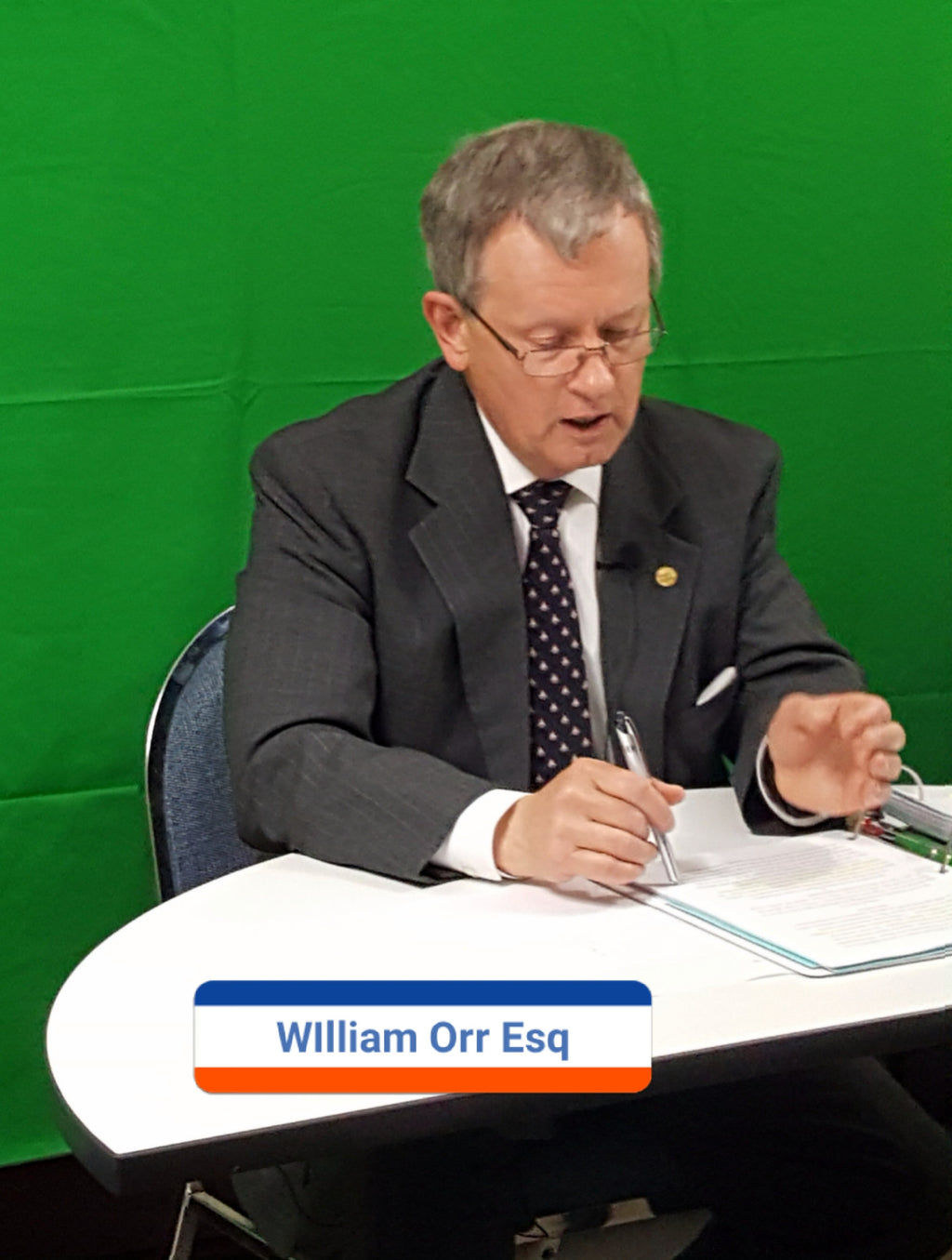
#664- Workers Compensation Law: Case Review Update -Webinar
$ 59.00
Speaker: William Orr, JD Course: #664MCLE 1 hour Title: Workers Compensation Law: Case Review Update Mr. Orr covers all the most recent cases in workers compensation. Key Points: 1) Review of new Case Law including over 30 new cases Speaker: William Orr, JD Course: #664MCLE 1 hour , 60 minutesTitle: Workers Compensation Law: Case ...
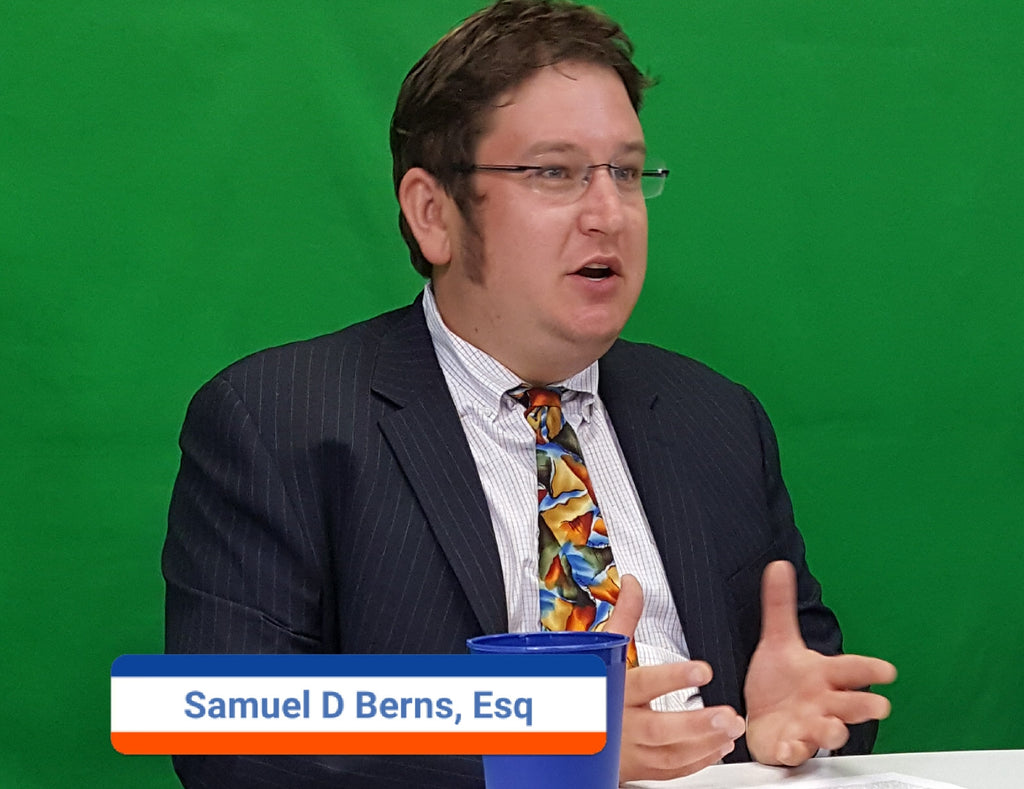
#665- - Cannabis in California: The New Era of Enforcement after Proposition 64
$ 59.00
Speaker: Sam Berns, EsqCourse 6651 hour MCLE Credit Cannabis in California – The New Era ofEnforcement after Prop 64Samuel D. BernsAttorney at Lawsam@bernslegal.com916.226.1477 or 530.212.0468www.bernslegal.com Outline:1) Proposition 64 Overview ,....3pm to 310 pmVoter Initiative Passed in 2018.Legalized Recreational Cannabis – personal amou...

#666- Successful Litigation Strategies - webinar
$ 59.00
Speaker: David Axelrod, JD Course 666 1 hour MCLE Credit Successful Litigation Strategies Course 666 Successful Litigation Strategies 1 hour of MCLE, 60 minutes This course will explore past practice and current trends in successful litigation managment in labor, employment, discrimination, personal injury, intentional torts, and c...

#667- Winning at the Social Security Administrative Hearing--Webinar
$ 59.00
Speaker: Jonathan Ellison, JD Course 667 1 hour MCLE Credit #667- Winning at the Social Security Administrative Hearing-- 1 hour of MCLE or 60 minutes Outline: 1. Evaluating the case - claimant eligibility, 2 pm to 215 pm 2. What must be proved 215 pm to 230 pm 3. SSA Sequential Evaluation 230 pm to 240pm 4. Written Advocacy - Hearing 240 pm...
26 Unit CLE CD Bundle - 600 SERIES

26 Unit CLE CD Bundle - 600 SERIES
$ 399.00
26 Hour CLE Package Includes: 4 Ethics, 1 Competency/Substance Abuse and 1 Bias Bundle 600 Series 26 Hours of MCLE Credit 507 Judge Joel Primes Ethics: Practice Law with Integrity, A Judges View 509 Emma Forrest Bias: Harassment, Retaliation, Discrimination (Transgender) 513 Robert Fong Bankruptcy Law: Chapter 7 Overview 515 Jeff Ersk...
26 Unit CLE CD Bundle - 345 SERIES

26 Unit CLE CD Bundle - 345 SERIES
$ 399.00
26 Hour CLE Package Includes 4 Ethics, 1 Competency/Substance Abuse and 1 Bias Bundle 345 Series 26 Hours of MCLE Credit Substance Abuse: Are You Drug Dependent? 277 Effective Estate and Tax Planning 302 Essential Keys to Probate: Calendar Notes to Judgement 303 How to Successfully Handle a Personal Injury Case 304 Critical Ess...
26 Unit CLE CD Bundle - 445 SERIES

26 Unit CLE CD Bundle - 445 SERIES
$ 399.00
26 Hour CLE Package Includes: 4 Ethics, 1 Competency/Substance Abuse and 1 Bias Bundle 445 Series 26 Hours of MCLE Credit 401 Richard Armstrong Overview of Indian Gaming 402 Charles Bates Cash Transaction Reporting, Anti Moneylaundering and Terrorist Financing 403 Laura Lagge Substance Abuse: The Disease Model 404 Jesse Posner Format...
26 Unit CLE CD Bundle - 545 SERIES

26 Unit CLE CD Bundle - 545 SERIES
$ 399.00
26 Hour CLE Package Includes Ethics: Practice Law with Integrity, A Judges View 507 Bias: Harassment, Retaliation & Discrimination (Transgender) 509 Bankruptcy Law: Chapter 7 Overview 513 Human Trafficking 514 Substance Abuse & Legal Competence 515 Labor Law: Conflict in Labor & Discrimination Casework 516 Real Esta...
26 Unit CLE CD Bundle - 650 SERIES

26 Unit CLE CD Bundle - 650 SERIES
$ 399.00
26 Hour CLE Package Includes 4 Ethics, 1 Competency/Substance Abuse and 1 Bias Bundle 650 Series 26 hours MCLE Credit 602 William Orr Workers Compensation: Case Review Update 603 Joel Primes Ethics: Hulk Hogan, Internet Privacy & the 1st Amendment 605 Jayson Javitz Corporate Law: Revised Uniform Limited Liability Act 606...


